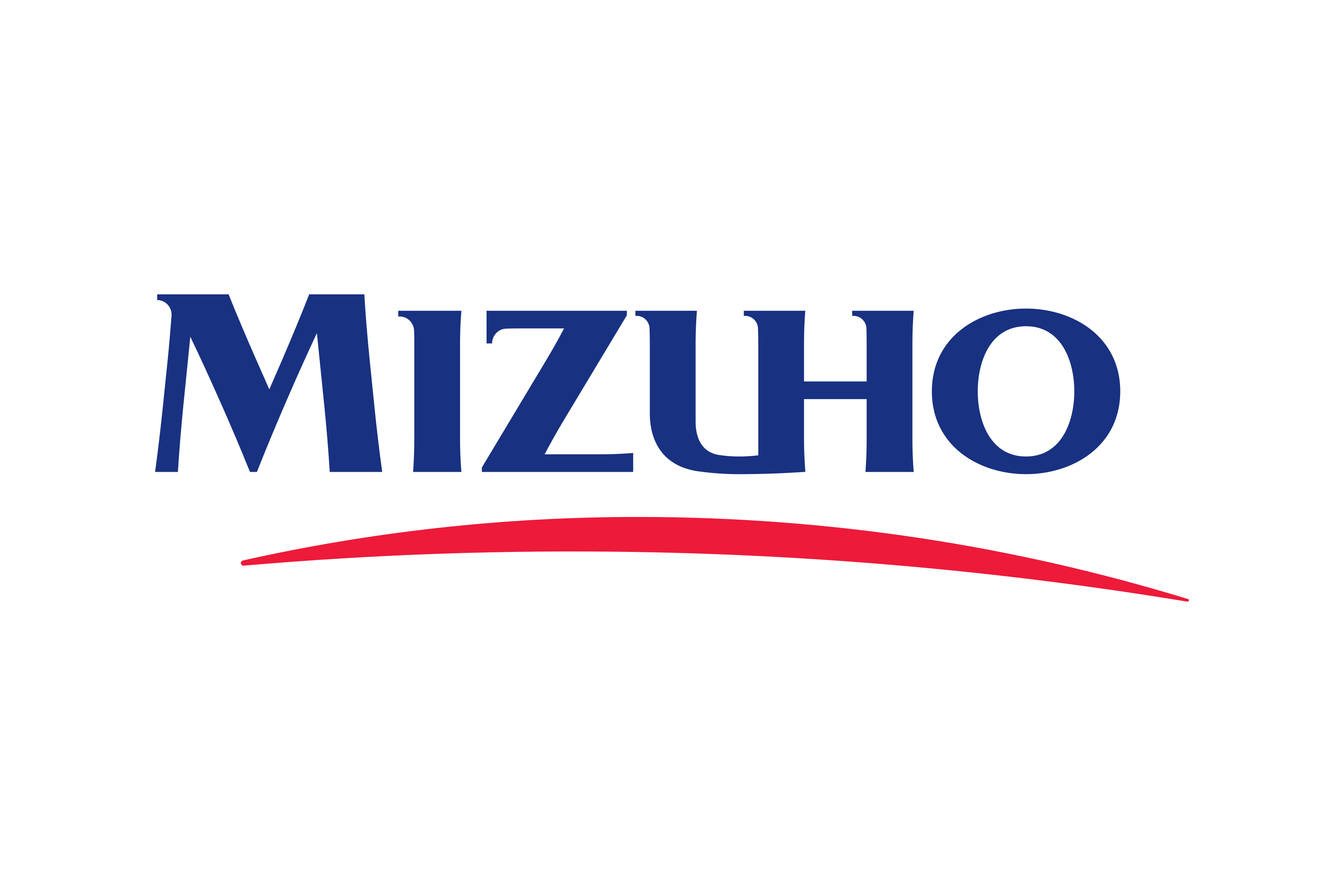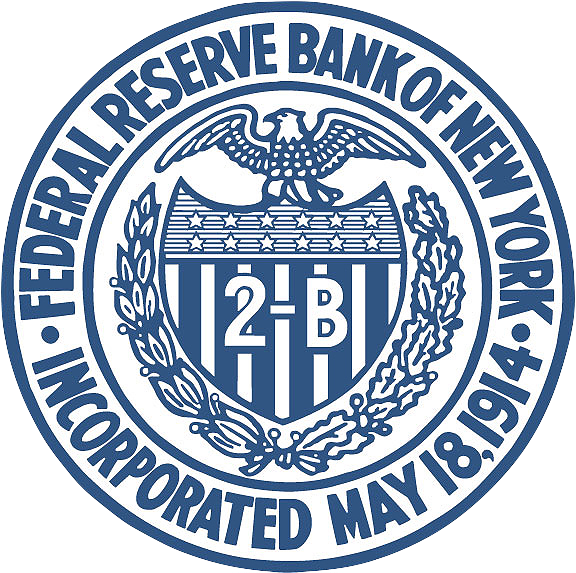Company Directory - People's Bank of China
Company Details - People's Bank of China

People's Bank of China
WebsiteBeijing, China
The People's Bank of China (PBOC) is the central bank of China, responsible for regulating the nation's monetary policy, including interest rates, currency supply, and bank reserves. The PBOC also plays a critical role in managing China's foreign exchange and overseeing the stability of the financial system.
CCI Score
CCI Score: People's Bank of China
14.71
-0.06%
Latest Event
PBOC Instructs State Banks to Limit Dollar Purchases
The People’s Bank of China issued a directive to major state-owned banks to reduce U.S. dollar purchases from their proprietary accounts in an effort to curb speculative trading and stabilize the yuan amid external economic pressures, including U.S. tariffs.
Take Action
So what can you do? Support PBOC by shopping, spreading the word, or offering your support.
- Shop Alternatives
SEE ALL - Use Your Voice
OTHER TOOLS - Investigate
- Share the Score
SUPPORT CCI
SABOTEUR
People's Bank of China is currently rated as a Saboteur.
Latest Events
 APR092025
APR092025The People’s Bank of China issued a directive to major state-owned banks to reduce U.S. dollar purchases from their proprietary accounts in an effort to curb speculative trading and stabilize the yuan amid external economic pressures, including U.S. tariffs.
 MAR142023
MAR142023The National People's Congress approved a new government for the next five years, marking significant institutional reforms at the People’s Bank of China. The changes come as the leadership faces challenges, with Yi Gang, the incumbent governor, reportedly on the verge of being replaced, signaling tighter state control over financial policy.
-40
Public and Political Behavior
April 9
The leadership change and institutional reforms reflect a consolidation of state power that reinforces authoritarian control. By rubber-stamping a new government, the process underscores the subordination of independent monetary policy to central party directives, a hallmark of authoritarian governance.
-20
Economic and Structural Influence
April 9
The approved reforms signify a further structural centralization at the PBOC, limiting economic checks and thereby reinforcing the concentration of power. This centralization plays into the broader authoritarian model, reducing transparency and accountability in economic decision-making.
 MAR102023
MAR102023The People's Bank of China announced a reform plan aimed at reorganizing the financial regulatory regime to better protect consumer rights. Governor Yi Gang outlined proposals to specialize local financial regulatory bodies in supervision, separating oversight from development roles, which is expected to improve accountability and efficiency in consumer protection.
+60
Executive Political Engagement
April 9
PBOC governor Yi Gang's active participation and public endorsement of the regulatory reform demonstrates strong executive engagement in political processes that promote consumer protection and enhanced financial oversight. This move strengthens accountability by reducing the conflict of interest inherent in dual roles of supervision and development.
+40
Economic and Structural Influence
April 9
The reform plan’s structural changes, which call for local financial supervisory bodies to focus exclusively on oversight rather than development, are expected to reduce regulatory conflicts and enhance consumer protection. This reorganization reflects positive economic and structural influence by streamlining accountability mechanisms within the financial sector.
 FEB112023
FEB112023On February 11, 2023, the People's Bank of China introduced updated financial asset risk classification methods that widen the definition of nonperforming assets. The new rules aim to improve transparency in financial reporting among Chinese banks by reducing regulatory arbitrage and ensuring a more accurate depiction of asset quality.
+40
Public and Political Behavior
April 9
The PBOC's regulatory intervention to tighten asset classification standards promotes transparency and accountability in the banking system, aligning with anti-authoritarian principles by curbing opaque practices that can lead to financial instability.
Stricter China rules on banks' asset classification to improve transparency
+30
Business Practices and Ethical Responsibility
April 9
By mandating a broader definition of nonperforming assets, the updated framework enforces ethical business practices among banks. This measure compels financial institutions to disclose a more accurate picture of their risk exposure, thereby supporting corporate accountability and reducing hidden financial risks.
Stricter China rules on banks' asset classification to improve transparency
Alternatives

Tokyo, Japan
22.83

India
0.00

Tokyo, Japan
-3.03

Foothill Ranch, United States
-11.19

São Paulo, Brazil
76.07
Singapore, Singapore
72.94

USA
71.57

Bangkok, Thailand
60.54

Singapore, Singapore
54.10

United States
47.54
Industries
- 521110
- Monetary Authorities-Central Bank
- 522220
- Sales Financing
- 523930
- Investment Advice